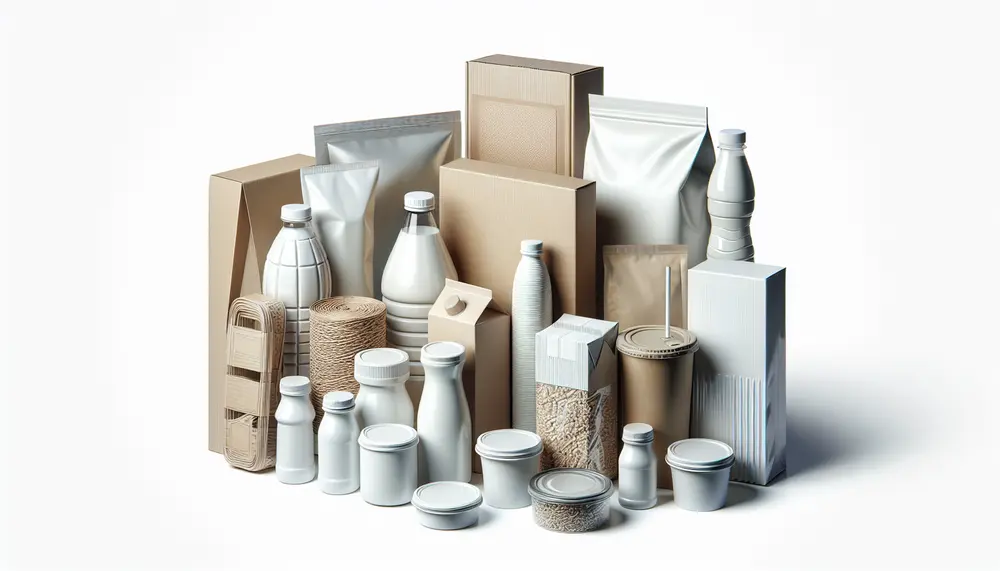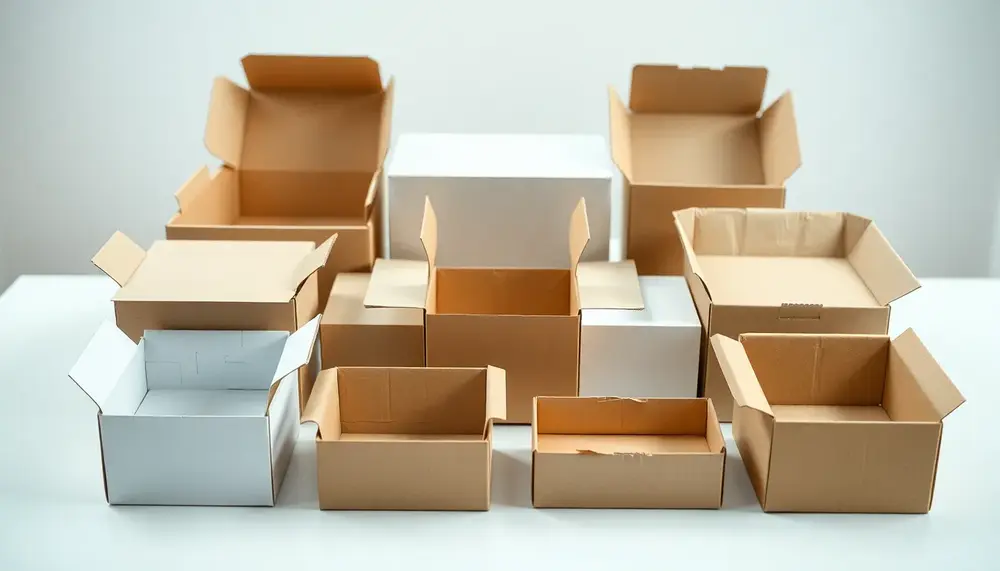Recycled fiber
Recycled fiber
Recycled Fiber
Recycled fiber is a key material in the packaging industry. It comes from used paper products that are reprocessed to create new paper. This process helps reduce waste and saves natural resources.
How Recycled Fiber is Made
The process starts with collecting used paper. This paper is then cleaned to remove inks and other contaminants. Next, it is mixed with water to create a pulp. This pulp is then formed into new paper products.
Benefits of Using Recycled Fiber
Using recycled fiber in packaging has many benefits. It reduces the need for virgin materials, which helps conserve forests. It also uses less energy and water compared to making new paper from trees. Plus, it helps keep waste out of landfills.
Applications in Packaging
Recycled fiber is used in many types of packaging. Common examples include cardboard boxes, paper bags, and wrapping paper. These products are just as strong and durable as those made from new paper.
Environmental Impact
Choosing packaging made from recycled fiber is a great way to support sustainability. It helps reduce pollution and greenhouse gas emissions. By using recycled materials, companies can also show their commitment to the environment.
Conclusion
Recycled fiber plays a crucial role in the packaging industry. It offers a sustainable alternative to virgin materials. By understanding its benefits and applications, we can make more eco-friendly choices in our daily lives.
Blog Posts with the term: Recycled fiber

The guide explains the significance of MOSH (Mineral Oil Saturated Hydrocarbons) and MOAH (Mineral Oil Aromatic Hydrocarbons) in food packaging, highlighting their potential health risks due to migration into food. It emphasizes the need for ongoing research, industry regulation, and...

Napkins are a crucial element in table settings, with material choice impacting ambiance and folding techniques enhancing elegance. High-quality fabrics like linen or cotton offer luxury, while the right color scheme and fold can elevate the dining experience; additional embellishments...

Packaging tissue paper is a versatile tool that enhances product protection and elevates brand presentation, offering various types and customizable options for unique business needs. Its color, design, and custom printing capabilities transform packaging into memorable customer experiences while reinforcing...

